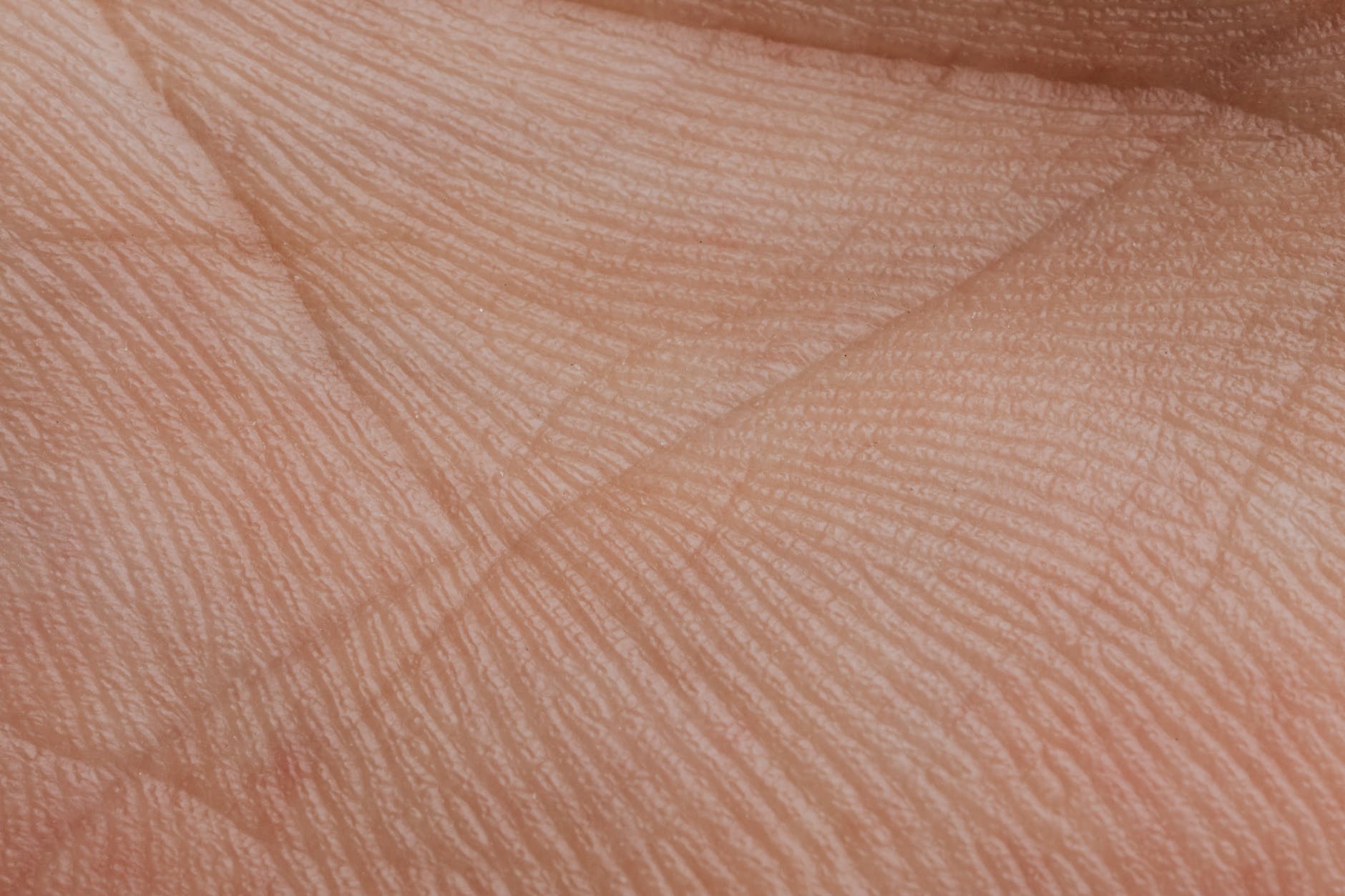Unlocking the Power of CBD: Revolutionizing Skin Conditions Management

In the last decade, the therapeutic potential of cannabidiol (CBD), a non-psychotomimetic compound of the Cannabis sativa plant, has gained significant attention for managing prominent health conditions including chronic pain, anxiety, and seizure disorders. Its anti-inflammatory and antioxidative properties have been widely recognized. Recently, scientific and medical communities have begun to explore the use of CBD for a new frontier – managing skin conditions. This article will delve into this expanding aspect of CBD usage, focusing on its potential in combating diverse dermatological issues such as acne, eczema, and psoriasis.
Let’s first understand what CBD is. Unlike Delta-9-tetrahydrocannabinol (THC), another compound found in cannabis, CBD does not cause intoxicating effects. Therefore, it can offer potential health benefits without the “high.” Among these benefits, CBD holds promise as an effective skincare regimen. Preliminary findings highlight CBD’s potential as a potent anti-inflammatory and anti-aging agent, making it a favorable candidate for natural remedies in maintaining skin health.
One of the most common skin conditions worldwide is acne. Characterized by inflamed and swollen breakouts, acne can be a source of self-consciousness and stress for many. Conventional acne treatment revolves around anti-inflammatory medications, topical ointments, and, in severe cases, isotretinoin. However, an increasing amount of research suggests CBD may be a promising alternative or adjunct treatment. CBD is suggested to limit the production of sebum and reduce inflammation – the two critical factors leading to acne development. CBD’s potential ability to moderate the immune system’s responses also gives it potential for curbing breakouts without the side effects often associated with traditional acne therapies.
Aside from acne, other common inflammatory skin conditions include eczema and psoriasis. Eczema is primarily characterized by itchy, red, and dry skin caused by inflammation. Meanwhile, psoriasis is an autoimmune condition marked by abnormal patches of skin due to rapid skin cell growth. Despite their differences, both skin conditions could potentially find relief in CBD treatments. Animal and lab studies indicate that CBD can soothe the skin and significantly reduce inflammation, providing a potential source of eczema relief.
Similarly, for psoriasis, CBD’s anti-inflammatory properties combined with its ability to regulate skin cell production could prove beneficial. Several studies have shown a positive correlation between the use of CBD and reduction of psoriasis symptoms.
Further research is underway to fully understand the extent to which CBD affects these skin conditions. Furthermore, the application of CBD in skincare does not end at treating inflammations. Thanks to its antioxidative properties, CBD is increasingly being incorporated into anti-aging products. Oxidative stress contributes significantly to the aging process, and by mitigating this, CBD may offer an effective strategy for maintaining youthful and healthy skin.
While promise undeniably surrounds the use of CBD for various skin conditions, it is crucial to remain cognizant of its current standing in the scientific community. Rigorous clinical trials are necessary to establish therapeutic dosages, routes of administration, and potential side effects, as numerous studies emphasized. Furthermore, consumers need to be informed to distinguish between low-quality and high-quality CBD products, as the market remains largely unregulated.
The increasing fascination with CBD in skincare is justifiable with the burgeoning evidence about its therapeutic capabilities. As CBD maneuvers itself into the mainstream as an effective, natural remedy for numerous skin conditions and part of the regular skincare regimen, it symbolizes the changing attitudes towards plant-derived compounds and holistic wellness approaches.
In conclusion, the dynamic properties of CBD offer an intriguing avenue for comprehensive dermatological applications – from treating acne, eczha to its potential role in anti-aging. The bridge between traditional treatment and natural remedies is becoming narrower as we continue exploring CBD. With appropriate regulation and continued research, CBD may truly revolutionize the management of skin conditions in the near future.
In the last decade, the therapeutic potential of cannabidiol (CBD), a non-psychotomimetic compound of the Cannabis sativa plant, has gained significant attention for managing prominent health conditions including chronic pain, anxiety, and seizure disorders. Its anti-inflammatory and antioxidative properties have been widely recognized. Recently, scientific and medical communities have begun to explore the use of…
Recent Posts
- The Calming Effects: How CBD Contributes to Stress Relief and Wellness
- Examining the Legalization of CBD across Various States
- “Top 10 Popular CBD Products Dominating the Market”
- A Comprehensive Guide to Properly Dosing CBD for Beginners
- A Comprehensive Guide: Understanding The Different Forms of CBD Products
Recent Comments
Categories
- Alternative and Natural Health Remedies
- Alternative Health and Wellness
- Alternative Medicine and Pain Management
- Beauty and Skincare
- Beauty and Wellness
- CBD and Health
- CBD and Law
- CBD and Mental Health
- CBD Consumption
- CBD Education & Research
- CBD Laws Worldwide
- CBD Legalities and Regulations
- CBD Legality
- CBD Products
- Cooking and Wellness
- Fitness and Wellness
- Health and Beauty
- Health and Fitness
- Health and Fitness, CBD Use
- Health and Law
- Health and Science
- Health and Skincare
- Health and Sports
- Health and Wellness
- Health and Wellness, Skincare
- Healthcare and Wellness
- International Law
- Law and Cannabis Industry
- Law, Health, and Regulations
- Legal
- Legal Regulations on CBD
- Legal Resources
- Legal/CBD Industry
- Legal/Fitness & Health
- Mental Health and Wellness
- Mental Health, Natural Remedies
- Natural Remedies
- Natural Remedies and Alternative Medicine
- Pet Care and CBD
- Pet Health and Wellness
- Pet Wellness/Animal Health
- Science and Health
- Science, Health and Wellness
- Skin Care and Wellness
- Skin Health & Wellness
- Skincare – Natural Remedies
- Skincare and Beauty
- Skincare and Wellness
- skincare, beauty, CBD, wellness
- Sleep Health and Wellness
- Uncategorized